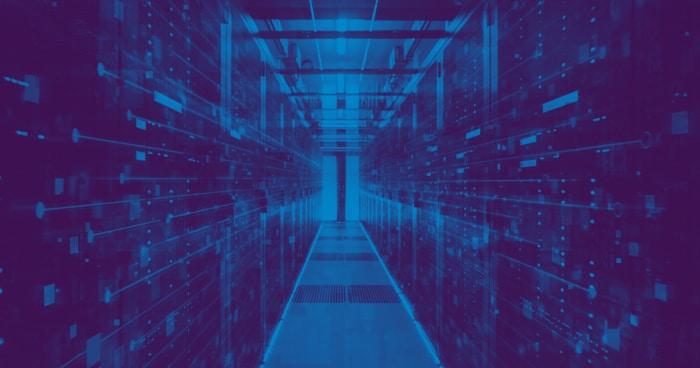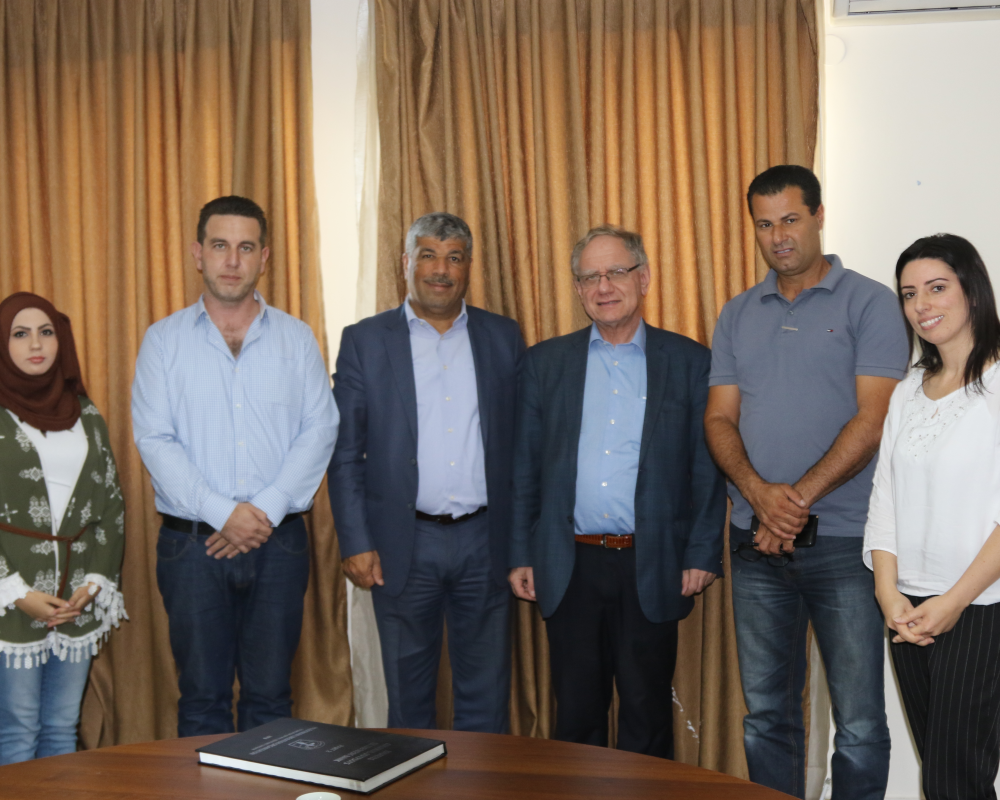The Controversial Punch And Its Impact On US Universities: A Deep Dive

Table of Contents
The Legal Ramifications of the Controversial Punch on Campus
Criminal Charges and University Disciplinary Actions:
The aftermath of a "controversial punch" often involves a complex interplay between the criminal justice system and university judicial processes. A single incident can lead to parallel investigations and potentially differing outcomes. For example, a student might face criminal charges, such as assault and battery, leading to arrest, trial, and possible imprisonment. Simultaneously, the university will conduct its own disciplinary hearing, potentially resulting in suspension or expulsion, regardless of the outcome of the criminal case. These parallel processes can create confusion and frustration for all parties involved. Legal precedents in campus assault cases vary widely depending on the specifics of the incident, the evidence presented, and the jurisdiction.
- Expulsion: Permanent removal from the university.
- Suspension: Temporary removal from the university, often with conditions for reinstatement.
- Arrest: Apprehension by law enforcement, leading to criminal prosecution.
- Civil Lawsuits: Legal actions initiated by the victim seeking monetary damages.
- Restraining Orders: Court orders prohibiting the perpetrator from contacting the victim.
Title IX Implications and Sexual Assault Cases:
Title IX of the Education Amendments of 1972 prohibits sex-based discrimination in educational programs and activities. "Controversial punches" frequently intersect with cases of sexual assault, as many such assaults begin with physical violence. Title IX mandates that universities take prompt and equitable action to address complaints of sexual harassment and assault. Navigating Title IX investigations and hearings can be complex, involving detailed investigations, evidentiary hearings, and potential appeals. The process emphasizes due process for both the accuser and the accused, creating a delicate balance between protecting victims and ensuring fair treatment for all involved.
- Reporting Procedures: Established protocols for reporting incidents of sexual assault and harassment.
- Due Process: Fair treatment and procedural safeguards for both the complainant and the respondent.
- Survivor Support Services: Resources available to victims of sexual assault, including counseling, medical care, and advocacy.
The Social and Emotional Impact of the Controversial Punch
Trauma and Mental Health Consequences for Victims:
The physical and emotional wounds inflicted by a "controversial punch" can have devastating and long-lasting consequences for victims. Many survivors experience significant mental health challenges, including:
- PTSD (Post-Traumatic Stress Disorder): Characterized by flashbacks, nightmares, and avoidance behaviors.
- Anxiety: Persistent feelings of worry, nervousness, and fear.
- Depression: Persistent sadness, loss of interest, and feelings of hopelessness.
Access to adequate mental health support services on campus is often insufficient to meet the needs of traumatized students. The lack of readily available and affordable therapy and counseling can exacerbate the long-term effects of assault. Universities need to invest significantly in comprehensive mental health resources to address this critical need.
Campus Climate and Safety Concerns:
High-profile incidents of violence, including those involving a "controversial punch," significantly impact the campus climate. Students may experience heightened anxiety, fear, and a decreased sense of security. This can lead to decreased academic performance, social withdrawal, and a reluctance to participate fully in campus life. University leadership plays a crucial role in addressing these concerns through proactive measures designed to improve campus safety and foster a more supportive environment.
- Increased Security Measures: Enhanced patrols, security cameras, and emergency call boxes.
- Safety Awareness Programs: Educational initiatives aimed at preventing violence and promoting safe behaviors.
- Improved Campus Lighting: Better lighting in poorly illuminated areas to deter crime and enhance visibility.
The Institutional Response to the Controversial Punch: Strategies for Prevention and Support
Enhanced Security Measures and Prevention Programs:
Universities are increasingly adopting various security measures to prevent violence and enhance campus safety. These measures include:
- Security Cameras: Strategic placement of cameras to monitor high-traffic areas and deter criminal activity.
- Emergency Response Systems: Improved communication systems that allow for rapid response to emergencies.
- Bystander Intervention Training: Programs that educate students on how to safely intervene in situations involving potential violence.
The effectiveness of these preventative programs varies depending on their design, implementation, and ongoing evaluation. Utilizing technology, such as mobile safety apps and improved lighting, can also create a safer environment.
Improved Support Services for Victims and Perpetrators:
Providing comprehensive support for victims of violence is paramount. This includes access to counseling, legal aid, and victim advocacy programs. Simultaneously, addressing the needs of perpetrators through restorative justice approaches and rehabilitation programs is also crucial. Finding the balance between supporting victims and holding perpetrators accountable is a complex challenge for universities.
- Counseling: Individual and group therapy to address the emotional and psychological impact of violence.
- Legal Aid: Assistance with navigating the legal system and pursuing legal remedies.
- Victim Advocacy Programs: Support services that help victims navigate the university's processes and access available resources.
- Rehabilitation Programs: Programs aimed at addressing the underlying causes of violent behavior and promoting positive change.
Conclusion:
The "controversial punch" represents a complex challenge confronting US universities. Addressing its impact requires a multifaceted approach that involves legal reform, improved support services, enhanced security measures, and a concerted effort to foster a safer and more inclusive campus climate. By understanding the legal ramifications, the social and emotional consequences, and the institutional responses, we can work collaboratively towards preventing future incidents and providing comprehensive support for those affected. Continued discussion and proactive measures are essential to mitigate the devastating consequences of the "controversial punch" and create healthier learning environments for all. Let’s continue the conversation on how to effectively combat violence and promote a safer campus environment for all students, addressing the devastating effects of the controversial punch and its variants.

Featured Posts
-
 Mqawmt Aljdar Walastytan Tsrye Wtyrt Alastytan Fy 13 Hya Flstynya
May 30, 2025
Mqawmt Aljdar Walastytan Tsrye Wtyrt Alastytan Fy 13 Hya Flstynya
May 30, 2025 -
 Rm Bts Masuk Nominasi Amas 2025 Kolaborasi Dengan Tablo Jadi Sorotan
May 30, 2025
Rm Bts Masuk Nominasi Amas 2025 Kolaborasi Dengan Tablo Jadi Sorotan
May 30, 2025 -
 May 2025 Air Jordan Releases Everything You Need To Know
May 30, 2025
May 2025 Air Jordan Releases Everything You Need To Know
May 30, 2025 -
 Secure Your Gorillaz Tickets Four Special London Shows At Copper Box Arena
May 30, 2025
Secure Your Gorillaz Tickets Four Special London Shows At Copper Box Arena
May 30, 2025 -
 Test Drive Turned Carjacking A Growing Threat
May 30, 2025
Test Drive Turned Carjacking A Growing Threat
May 30, 2025
